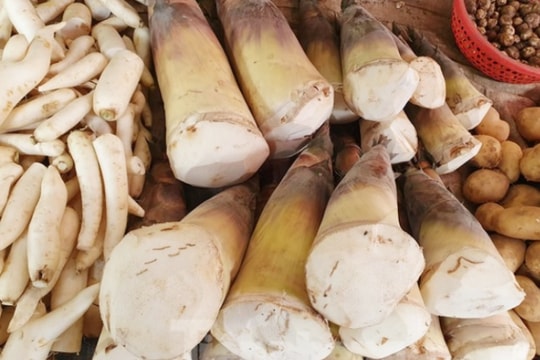Nutrition for people with dizziness due to cerebral anemia
What should people with dizziness due to cerebral anemia eat and avoid eating?
Cerebral ischemia is a condition of reduced blood circulation to the brain, leading to reduced oxygen and nutrient supply, affecting the structure and function of part or parts of the brain.
Cerebral anemia directly affects the central nervous system, causing sleep disorders, reduced thinking ability, memory loss and dangerous complications such as stroke, cerebral infarction...
Cerebral anemia is caused by many factors, of which diet has a significant impact on this condition. Building a scientific eating habit is a very important factor to increase blood flow to the brain.
If you want to improve cerebral circulation through nutrition, you need to be persistent and control the foods you eat every day. Because it is impossible to prevent or reduce the symptoms of cerebral ischemia through a healthy diet in just a few days or a few weeks.
Basically, the amount of blood to the brain is also affected by the general circulatory system of the whole body. If the heart is healthy, blood will be pumped to all cells and provide enough oxygen and nutrients to help them maintain their function. Therefore, foods that are good for the brain and cardiovascular system are beneficial for people with dizziness due to cerebral anemia.
In addition to a complete nutritional regimen of 4 groups of substances: starch, protein, fat, vitamins and minerals, sick people should eat foods containing many nutrients such as protein, vitamins and trace elements, especially iron - an important micronutrient involved in the blood-making process.
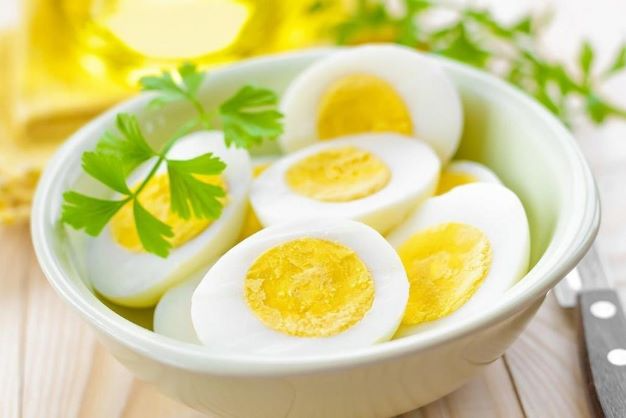
1. Dizziness due towhat to eat with anemia?
Here is a list of foods that people with anemia should eat:
Foods rich in iron and protein
- Egg:Eggs are a food that people with cerebral anemia should increase their intake of (2-3 eggs/week, if you do not have high cholesterol, you can eat them every day). Eggs contain protein with high biological value, rich in calcium, iron, phosphorus and many vitamins involved in the blood-forming process.
In addition to being a rich source of protein, carbohydrates, and lipids, eggs are also rich in calcium, folic acid, and B vitamins: B6, B9, B12...
This group of vitamins helps produce more blood cells, slows down the aging process of the brain, prevents cognitive decline and dangerous brain atrophy.
-Beef:This is a rich source of protein, iron, and vitamins that are good for the health and immune system of the body. Providing beef helps red blood cells to regenerate faster, providing more blood to the body, enhancing brain activity and immunity.
However, you should not eat too much beef because beef is rich in cholesterol which can cause high blood fat. You should eat 1-2 meals of beef per week (each meal should not exceed 100-150g/person).
-Seafood:Seafood includes: Shrimp, crab, fish, crab, snails... are rich in iron, zinc, amino acids, vitamin B12... These are nutrients that help increase the body's hemoglobin level, increase blood circulation, and help improve the body's anemia.
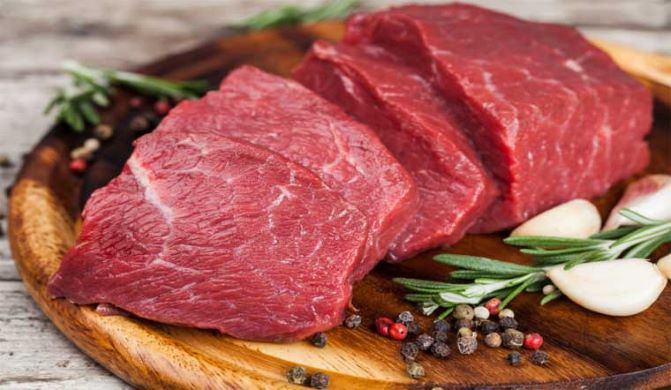
Foods rich in omega 3 fatty acids
Foods rich in omega 3 fatty acids are found in fish such as salmon, mackerel, tuna, cod, sardines... which are rich in omega 3 fatty acids. This is a nutrient that is good for the cardiovascular system and brain health. Omega 3 has the ability to reduce the concentration of beta-amyloid (a substance that causes brain damage in the blood). In particular, this nutrient also helps increase blood flow to the brain, increasing cognitive and thinking ability.
Fatty nuts are also a source of omega 3 fatty acids such as walnuts, cashews, chia seeds, peanuts, sesame... These nuts contain a lot of protein, omega 3 fatty acids that are good for the body, especially alpha-linolenic acid which has been proven to protect arteries, help blood circulate to the brain and organs in the body better, thereby improving memory and lowering blood pressure.
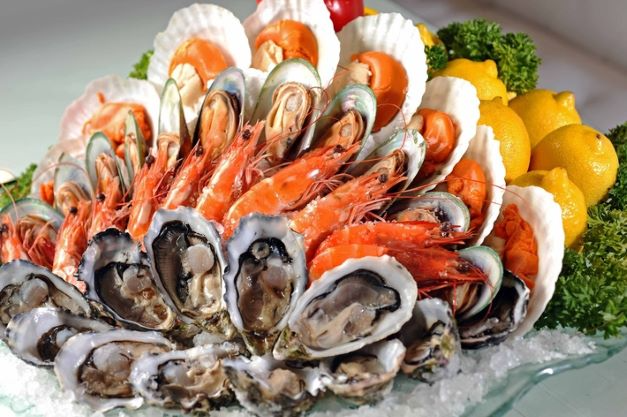
Green vegetables
Spinach is a typical "representative" of the group of green vegetables rich in iron, vitamin B12 andfolic acidBroccoli is high in fiber, iron, vitamins A, C, and magnesium.Celery contains a lot ofIron, zinc and many vitamins help increase blood circulation.Pumpkin contains a lot ofvitamin C, carotene, iron, calcium, protein, zinc....Carrots are rich in beta-carotene, vitamins C, D, A, B, E, folic acid and potassium, iron, calcium, magnesium, and phosphorus, helping the body increase metabolism and blood circulation effectively.
Adding green vegetables to your daily diet not only reduces symptoms of cerebral anemia, but also helps improve memory and slow down the aging process.
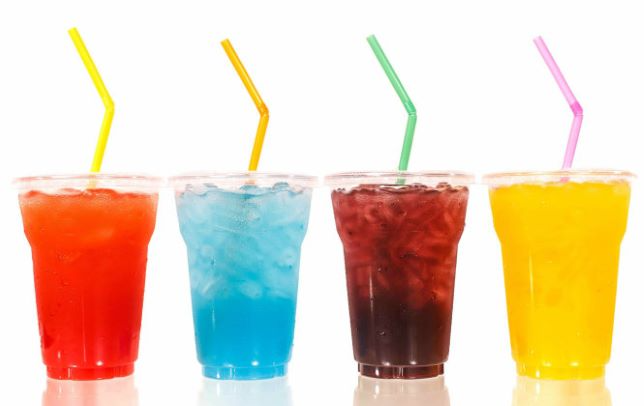
Berries
Berries are fruits of the "berry" family that are sweet, juicy or slightly sour, small, round, and have beautiful colors, including: blueberries, strawberries, raspberries, mulberries, grapes... These are fruits that are rich in vitamins and minerals, good for health, help improve blood volume and increase iron absorption in the body due to containing a lot of vitamin C.
In particular, berries also contain flavonoids, natural pigments that help improve memory. Therefore, increasing these fruits in your daily diet helps enhance brain function.
Grains, especially whole grainsFoods such as brown rice, barley, corn, millet, whole wheat bread... are not only good for the heart but also good for the brain. These foods are rich in fiber, vitamins and antioxidants that help improve high blood fat, increase blood circulation to the brain more easily, and prevent blood vessel blockages that cause cerebral ischemia.
2. What foods should be avoided for dizziness due to cerebral anemia?
A diet high in saturated fat, sodium and calories is the "enemy" of people with cerebral anemia. Therefore, you need to limit the following food groups:
-Processed foods:Processed foods often contain a lot of calories, which is harmful for people with cerebral anemia. In addition, processed foods also contain a lot of salt and preservatives. These substances have a negative impact on blood pressure and the cardiovascular system, increase cholesterol, thereby making cerebral anemia worse.
Therefore, people with dizziness due to cerebral anemia should stay away from processed foods such as smoked meat, sausages, canned foods, etc.
Food additives:The abuse of additives in food processing, often found in canned foods, can cause sodium levels in the body to spike, leading to high blood pressure, which can easily cause cerebral ischemia and stroke.

- Soft drink:Especially carbonated soft drinks, if used a lot, can increase the risk of high blood pressure, increase bad cholesterol by up to 50%, easily leading to stroke and cerebral ischemia.
- Stimulants (coffee, strong tea, beer and wine):These are drinks that cause many diseases that are not good for health, including cerebral anemia. Excessive use of alcohol can lead to blockage of blood circulation, causing cerebral hemorrhage, stroke, and even death.
Many studies show that people with cerebral anemia who drink alcohol can have difficulty breathing and increase the risk of stroke 5 times compared to people who do not drink.
In addition to a proper diet, people with dizziness due to cerebral anemia should combine exercise. Activities such as walking, qigong, yoga, tai chi, breathing exercises, etc. are the best choices to help increase blood circulation to the brain.




